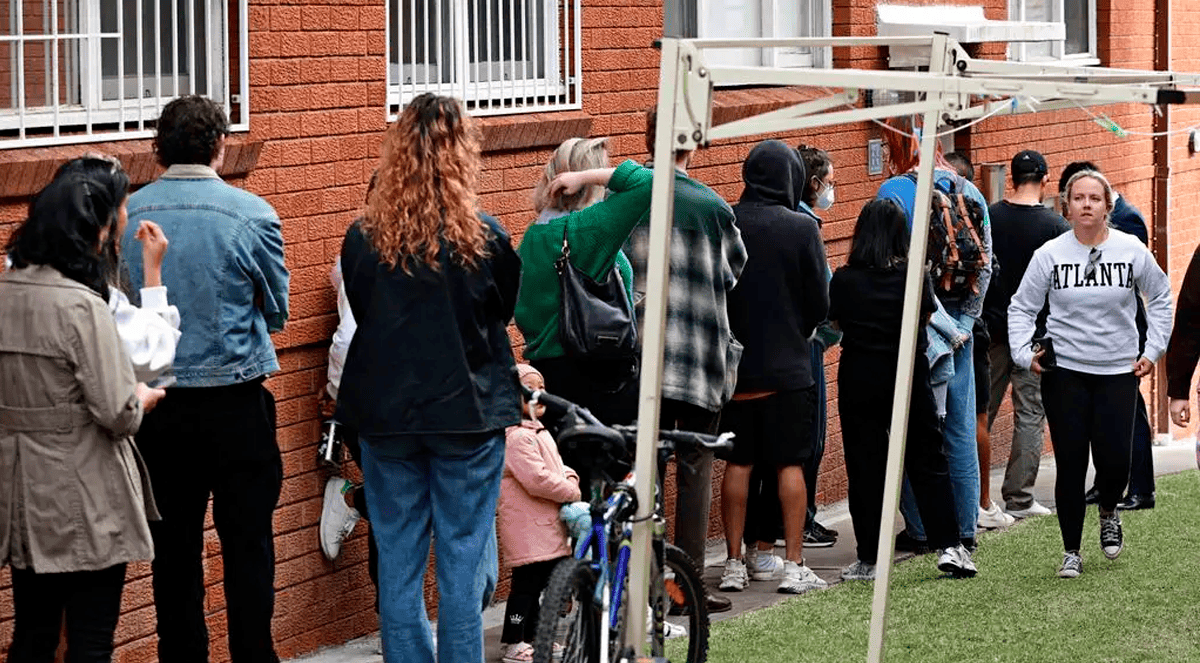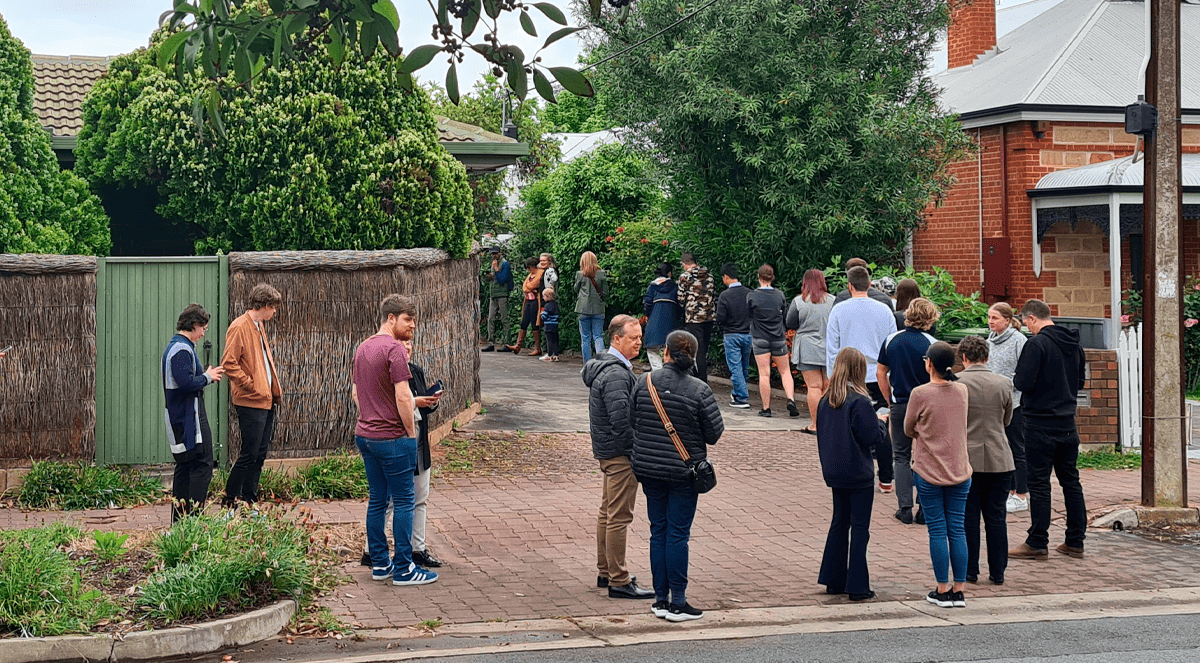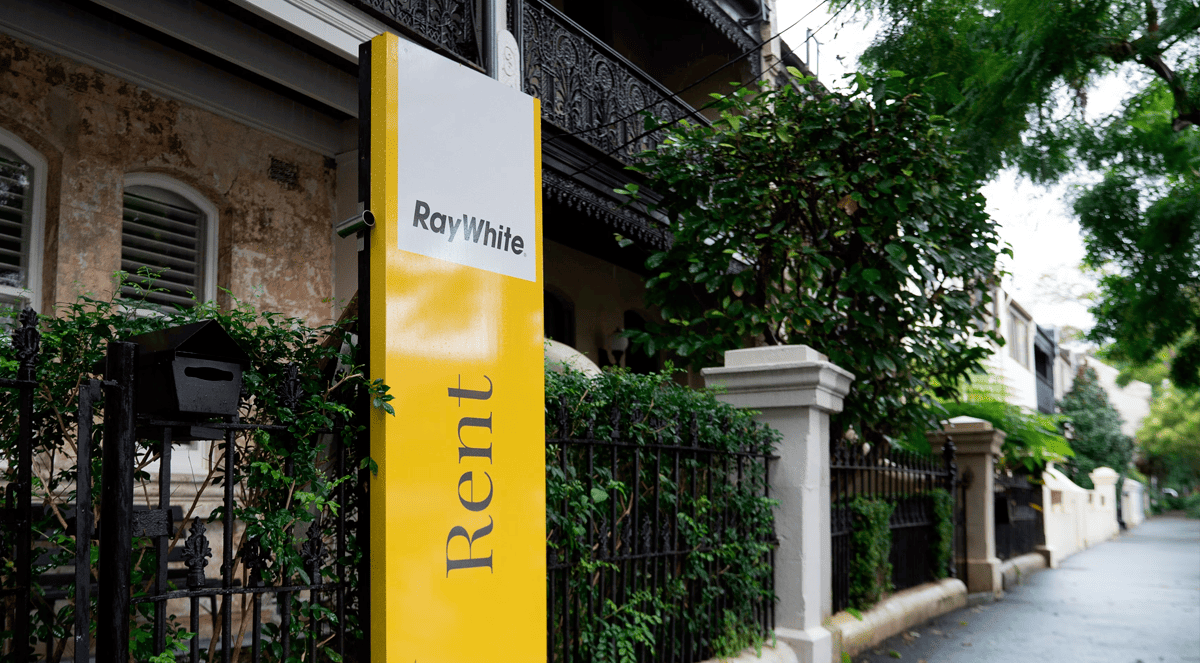Features > Property News & Insights > Financial Advice
Revised Stage 3 tax cuts: How it will impact you

KEY POINTS
- Millions of Australians are set to receive a massive income boost as soon as the revised Stage 3 tax cuts take effect
- The housing market is poised to soak up a lot of this extra money as the tax cuts drive rents and house prices higher
- Despite the government’s ‘chest beating’ at delivering tax cuts, the RBA might still have the last word over who wins and loses
After months of speculation, Prime Minister Anthony Albanese finally announced politics’ worst-kept secret.
The Stage 3 tax cuts are officially changing.
They’re still going ahead, of course; however, they’re going to look quite different.
Instead of changes at the top tax brackets, the new changes are focused on lower and middle-income earners.
The reason is simple. It’s to tackle the cost-of-living crisis which has engulfed the country.
Now, the new tax cuts will see lower and middle-income earners paying less tax, and keeping more money in their pockets. At the same time, higher income earners won’t see the relief they were promised, other than the effects of the changes to lower brackets which help them too.

The big cuts they were promised have turned to dust.
So yes, there are some winners and some losers.
According to the Treasury, the winners will be the 11.5 million taxpayers who will enjoy a bigger tax cut.
And the average household will be $2,600 a year better off, based on a household with one partner earning $80,000 and the other $50,000.
Conversely, individuals earning $150,000 and above will experience a disadvantage. This is because the additional income gained from the revised Stage 3 tax cuts is less than what would have been received under the initial plan.
This chart is the simplest way to explain it, and you can see how the new stage 3 cuts will affect you.

While this appears to be great news for a lot of people, there’s concern it won’t have the impact most people expect.
A lot of people who think they’ll be winners could turn out not being ahead at all.
A lot of the extra cash will be absorbed back into the housing market.
Soaring rental payments is one area that will soak up the extra money.
Australia is still in the grasp of an extreme shortage of rental properties, and any extra income will wind up helping renters secure a property.
Rents crossed the $600 a week threshold last month, and once renters have more money in their pockets, it’ll quickly go towards increasing this further.
As a result, property investors earning more than $150,000 might still come out of this ahead. What they lose in tax cuts, they make back in rents.
Moreover, people may choose to utilise the extra income to buy properties. The banks have a very strict formula for determining how much money people can borrow.
Boosting individuals' disposable income also enhances their borrowing capacity.
When everyone’s borrowing capacity increases, the same people will be fighting over the same properties as before, only now they’ve got more money to spend on it. This will inflate house prices further, and it’s especially true where there is such a dire housing shortage.
Could the RBA ‘smack down’ the tax cuts?
It’s no secret that the Reserve Bank of Australia (RBA) is hell-bent on driving down inflation. The reason it pushed interest rates up so high is to remove disposable income from the market and reduce people’s spending power.
It will be interesting to see if the RBA will be worried about this.
After all, giving millions of people extra spending power could have the opposite effect and see inflation creep up again.
Should the RBA feel concerned, it might delay interest rate cuts and effectively neutralise the tax cuts, meaning nobody wins after all.
What to make of it all?
It’s simple for people to look at how much extra they’re getting, and believe they’re a big winner.
(Or not in the case of high-income earners).
And while the tax cuts will have an overwhelmingly positive impact on the economy, the list of winners and losers isn’t as clear-cut as you might imagine.
However, there’s no doubt that increased rents and house prices mean property investors are likely to come out ahead.
Stay Up to Date
with the Latest Australian Property News, Insights & Education.




.png?width=292&height=292&name=Copy%20Link%20(1).png)
 SIGN UP FOR FREE NEWSLETTER
SIGN UP FOR FREE NEWSLETTER


.png)





%20Scott%20Kuru%20DPU%20141.jpg?width=1920&height=1080&name=The%20Senate%20Just%20Exposed%20Australias%20Biggest%20$80%20Billion%20Housing%20Fraud%20(Inquiry%20Launched)%20Scott%20Kuru%20DPU%20141.jpg)





%20Scott%20Kuru%20DPU136.jpg?width=1920&height=1080&name=Aussies%20Just%20Got%20Hit%20With%20Double%20Taxes%20on%20Everything%20(This%20Has%20Gone%20Too%20Far)%20Scott%20Kuru%20DPU136.jpg)


%20Scott%20Kuru%20DPU%20133.jpg?width=1920&height=1080&name=JUST%20IN%20Something%20Major%20Just%20Flipped%20Australia%E2%80%99s%20Property%20Market%20for%202026%20(No%20One%20Saw%20This%20Coming)%20Scott%20Kuru%20DPU%20133.jpg)


.jpg?width=1920&height=1080&name=Rental%20Prices%20At%20Record%20Highs%20And%20Vacancy%20Rates%20At%20All%20Time%20Lows%20(New%20Data%20Reveals).jpg)
%20%20DPU%20EP%2014.jpg?width=1920&height=1080&name=Investors%20Shutting%20Out%20First%20Home%20Buyers%20(Investors%20At%20Record%20Highs)%20%20DPU%20EP%2014.jpg)

.jpg?width=1920&height=1080&name=Darwins%20Property%20Market%20Boom%20or%20Dangerous%20Gamble%20(REVEALED).jpg)

.jpg?width=1920&height=1080&name=The%20RBA%E2%80%99s%20Rate%20Cut%20Could%20Explode%20House%20Prices%20(Here%E2%80%99s%20Why).jpg)








.jpg?width=1920&height=1080&name=Warning%2c%20You%20Might%20Be%20Facing%20Higher%20Taxes%20Soon%20(1).jpg)




.png?width=1920&height=1080&name=Rate%20Drops%20Signal%20BIGGEST%20Property%20Boom%20in%20DECADES%20(1).png)

.jpg?width=1920&height=1080&name=Labor%20vs%20Liberal%20These%20Housing%20Policies%20Could%20Change%20the%20Property%20Market%20Forever%20(1).jpg)
.jpg?width=1920&height=1080&name=QLD%20Slashes%20Stamp%20Duty%20Big%20News%20for%20Investors%20%26%20Home%20Buyers%20(1).jpg)
.jpg?width=1920&height=1080&name=Trump%20Just%20Slapped%20Tariffs%20%E2%80%93%20Here%E2%80%99s%20What%20It%20Means%20for%20Australia%20(1).jpg)
.jpg?width=1920&height=1080&name=Federal%20Budget%202025%20More%20Debt%2c%20No%20Housing%20%E2%80%93%20Here%E2%80%99s%20What%20You%20Need%20to%20Know%20(1).jpg)
.jpg?width=1920&height=1080&name=Australias%20Housing%20Crisis%20is%20about%20to%20get%20MUCH%20Worse%20(New%20Data%20Warns).jpg)
%20(1).jpg?width=1920&height=1080&name=Australias%20RENTAL%20CRISIS%20Hits%20ROCK%20BOTTOM!%20(2025%20Update)%20(1).jpg)
%20(1).png?width=1920&height=1080&name=Is%20Adelaide%20Still%20a%20Good%20Property%20Investment%20(2025%20UPDATE)%20(1).png)
.jpg?width=1920&height=1080&name=RBA%20Shocks%20with%20Rate%20Cuts!%20What%E2%80%99s%20Next%20for%20Property%20Investors%20(1).jpg)
%20(1).jpg?width=1920&height=1080&name=I%20Predict%20The%20Feb%20Rate%20Cut%20(My%20Price%20Growth%20Prediction)%20(1).jpg)
.png?width=1920&height=1080&name=Why%20Property%20Prices%20Will%20Rise%20in%202025%20Market%20Predictions%20(1).png)
.jpg?width=1920&height=1080&name=Why%20Investors%20Are%20Choosing%20Apartments%20Over%20Houses%202%20(1).jpg)
.jpg?width=1920&height=1080&name=Why%20Rate%20Cuts%20Will%20Trigger%20A%20Property%20Boom%20(1).jpg)
.jpg?width=1920&height=1080&name=Retire%20On%202Million%20With%20One%20Property%20(Using%20SMSF).jpg)
.jpg?width=1920&height=1080&name=4%20Reasons%20Why%20You%20Should%20Invest%20in%20Melbourne%20Now%20(1).jpg)
%20(1).jpg?width=1920&height=1080&name=Old%20Property%20vs%20New%20Property%20(Facts%20and%20Figures%20Revealed)%20(1).jpg)
%20(1).jpg?width=1920&height=1080&name=Will%20The%20New%20QLD%20Govt%20Create%20a%20Property%20Boom%20or%20Bust%20(My%20Prediction)%20(1).jpg)
%20Scott%20Kuru%20(1).jpg?width=1920&height=1080&name=Inflation%20Hits%20Three-Year%20Low%20(Will%20RBA%20Cut%20Rates%20Soon)%20Scott%20Kuru%20(1).jpg)
.jpg?width=1920&height=1080&name=How%20to%20Buy%20Investment%20Property%20Through%20SMSF_%20The%20Ultimate%20Guide%20(1).jpg)
.jpg?width=1920&height=1080&name=Victoria%20Slashes%20Stamp%20Duty%20Melbourne%20Set%20to%20Boom%20Scott%20Kuru%20(1).jpg)
.png?width=1571&height=861&name=Are%20Foreign%20Buyers%20Really%20Driving%20Up%20Australian%20Property%20Prices%20(1).png)
.jpg?width=1920&height=1080&name=The%20Single%20Factor%20That%20Predicts%20Property%20Growth%20Regions%20(1).jpg)
%20Scott%20Kuru%20(1).jpg?width=1920&height=1080&name=My%20Prediction%20On%20Rates%20%26%20Negative%20Gearing%20(Market%20Crash)%20Scott%20Kuru%20(1).jpg)

-1.png?width=1920&height=1080&name=Major%20Banks%20Cut%20Rates%20Will%20RBA%20Follow%20Suit%20(Sept%20Rate%20Update)-1.png)
%20Scott%20Kuru-1.png?width=1920&height=1080&name=Rate%20Cut%20Coming%20What%20New%20Zealands%20Move%20Means%20for%20Australia%20(Sept%20Prediction)%20Scott%20Kuru-1.png)
%20(1).jpg?width=1920&height=1080&name=Buy%20when%20the%20interest%20rates%20are%20high!%20(Why%20you%20must%20buy%20now!)%20(1).jpg)
.jpg?width=1920&height=1080&name=Carms_Revised%20Taxes%20Due%20Aug%209%20YT%20Thumbnail02%20(1).jpg)
.jpg?width=1920&height=1080&name=Carms_Too%20Little%20Too%20Late%20Aug%207%20YT%20Thumbnail01%20(1).jpg)









.jpg?width=1920&height=1080&name=Carms_Rate%20Drop%20In%20July%20Jun%2010%20YT%20Thumbnail02%20(1).jpg)
.jpg?width=1920&height=1080&name=Carms_Own%20a%20Property%20V6%20Jun%205_YT%20Thumbnail%20(1).jpg)









.png?width=1920&height=1080&name=Artboard%201%20(3).png)






.jpg?width=1920&height=1080&name=YT%20thumbnail%20%20(1).jpg)

